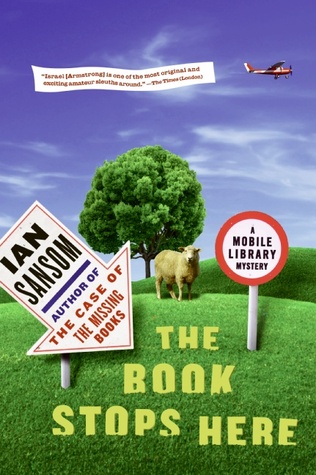Well, in literature workshops the writer isn't in the room. In many cases, the writer isn't in the world at all anymore, so Tolstoy isn't going to get his feelings hurt by what gets said about his work in my class.
Francine Prose, interview in Reading Like a Writer
 |
| Francine Prose |
Francine Prose, author of a number of novels and other books, including
Reading Like a Writer, has also, like many other respected but not necessarily best-selling writers, taught writing classes to supplement her income. What she dislikes about these classes, however, is that period familiar to anyone who has ever attended a creative writing class when the students dissect each other's work. The comments, almost always containing much more criticism than praise, can be brutal.
"There's something essentially sadistic about the whole process," Prose says in the interview included at the end of her book. "I mean, to sit there and have the love of your life -- your work -- something that close to your heart and soul, just ripped apart by strangers ..."
I remember what that is like, having taken several creative writing classes at Ohio University back in the 1960s. A decade later, having given up the idea of writing fiction, I attended a two-week seminar for editorial writers in Reston, Va., where the workshops were quite similar. Participants were told to critique the editorials written by other members of the group, and that usually meant finding fault.
 |
| Dan Tucker |
It was my assignment to comment on the work of Dan Tucker, an editorial writer for the Chicago Tribune. I can recall struggling to find something, anything, I could criticize about his editorials, but I just couldn't find it. They were wonderful editorials. When my turn came, I was forced to comment on what was right about Tucker's writing, instead of what was wrong with it. At first I felt like a failure, then I noticed the look on Dan's face and I realized that maybe a kind word can be the right word. Even less skillful writers, myself included, need a little praise. We can learn from our mistakes, but we can also learn from a pat on the back.
 |
| Cecil Hemley |
Two of the three creative writing instructors I had at Ohio (Cecil Hemley, a poet and novelist, and Walter Tevis, author of
The Hustler and
The Man Who Fell to Earth) were introverts who, I thought at the time, seemed uncomfortable with the harsh criticism that was so common in their classes. I think both of them would have agreed with Francine Prose. Hemley once described one of my stories as "artful." Not only did that single word inspire me for a long time, but I suspect that it softened the negativity of my classmates. What student would dare say something too harsh about a story Cecil Hemley had called "artful"?
Prose says that she much prefers teaching writing by teaching reading, and not just because the authors are not in the same room. Writers, like artists, can learn from the masters, and she is appalled at how little so many of her writing students have actually read. Sometimes, she says, she takes her students through a short story word by word, sentence by sentence. Why did the writer choose this particular word rather than another? "All the elements of good writing depend on the writer's skill in choosing one word instead of another," she writes. It may take weeks to get through a single short story in her class, but she thinks her students benefit from this close inspection of classic works of literature.
Beside, as Prose is the first to admit, you really can't teach good writers to become great writers. You can, however, teach them to become great readers.
